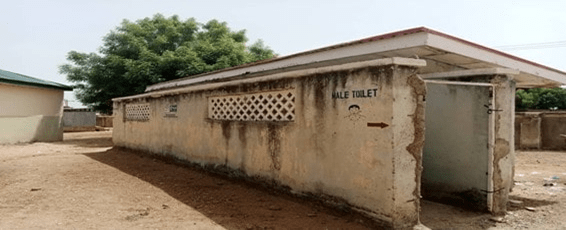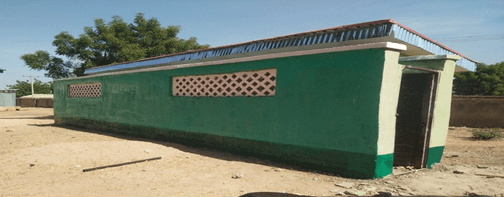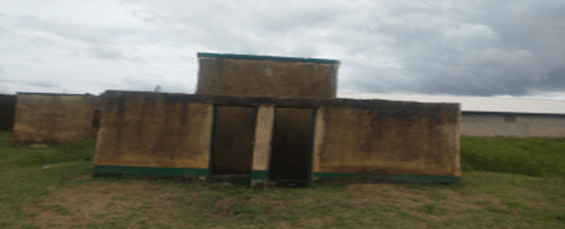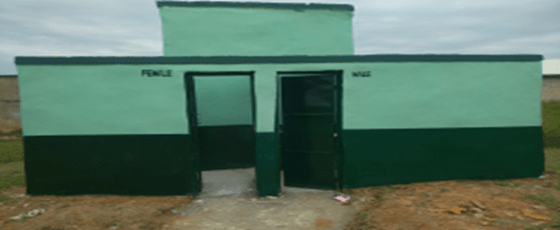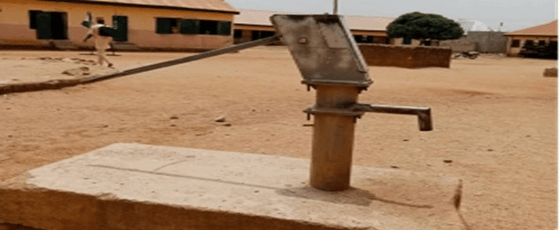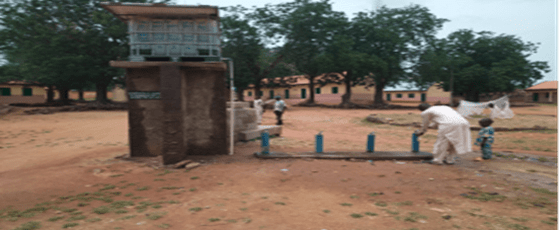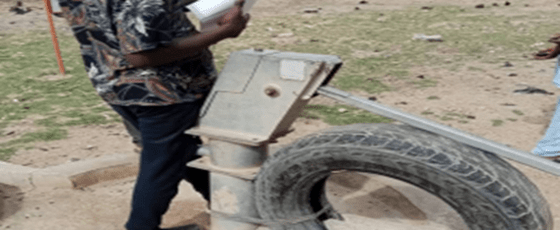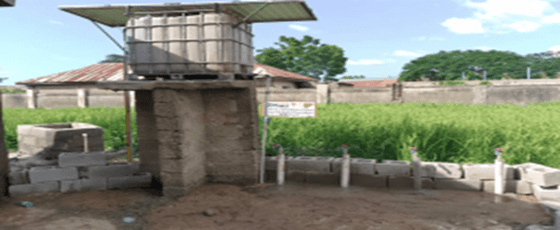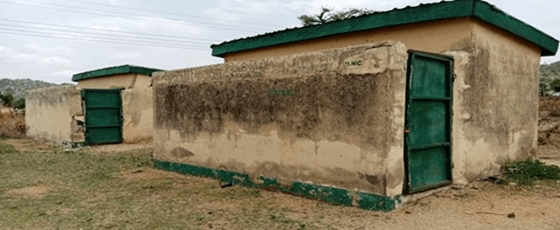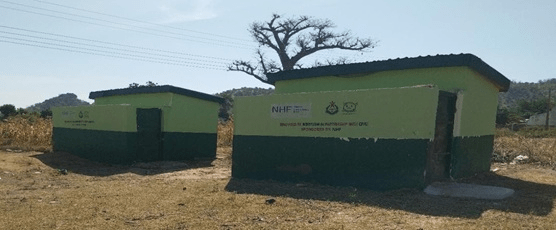Water, Sanitation, and Hygiene (WASH) Component
Renovated 6 Gender segregated toilets, refurbished and upgraded 4 handpump boreholes to solar powered with overhead tanks, and provided Solar light poles to 4 primary schools across 4 LGAs.
introduction
Implemented by the Murmushi People’s Development Foundation and funded by the Nigeria Humanitarian Fund (NHF), this project adopted a holistic approach to support conflict-affected children in Madagali, Michika, Mubi North, and Gombi LGAs of Adamawa State.
Recognizing the severe and far-reaching impact of conflict on children, the initiative addressed key areas of need, including Water, Sanitation and Hygiene (WASH), child protection, empowerment, and quality education. The WASH component played a central role, ensuring children had access to safe water, improved sanitation, and hygiene facilities, essential for safeguarding their health, dignity, and overall well-being. The direct beneficiaries of the WASH component include…. Pupils, …..teachers, and ….. community members.

duration
March 2024-March 2025
coverage
Madagali, Michika, Mubi North, and Gombi LGAs
Achievements
Rehabilitate 6 Toilets, Upgrade 4 hand boreholes to solar, and install solar lamps
breakdown of Activities
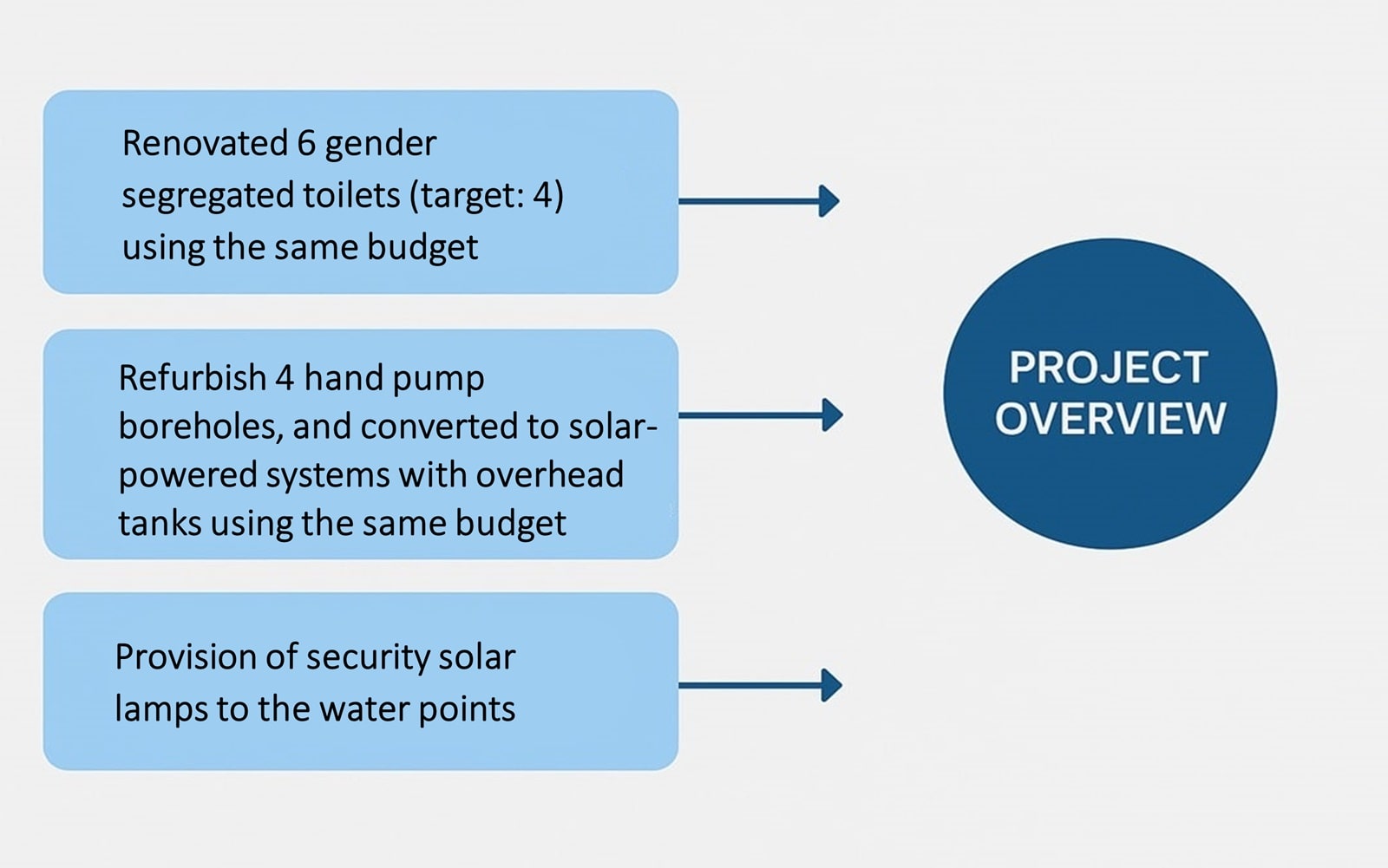
before & after
